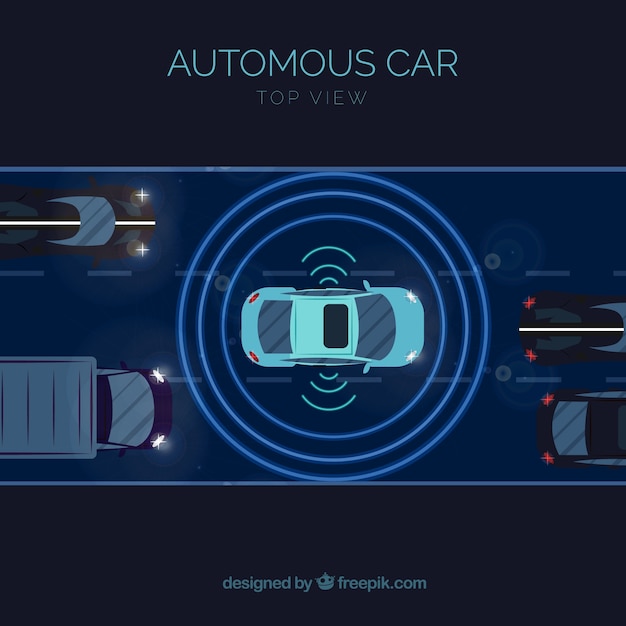Brexit Threatens to Derail Advancements in Driverless Car Technology, IRU Warns

The International Road Transport Union (IRU), which represents bus, coach, taxi, and lorry operators in over 100 countries, has raised concerns that a no-deal Brexit could negatively impact the UK’s progress with driverless cars.
Chris Grayling, the UK transport secretary, promised that driverless cars would be on British roads by 2021. However, the IRU believes that a no-deal Brexit could derail these plans. Marc Billiet, a senior advisor at IRU, mentioned that although autonomous vehicles could make roads safer, their widespread adoption won’t happen overnight.
Mark Bridger, a senior vice president at information management company OpenText, added that automotive companies not only need to focus on developing innovative connected technologies but must also address consumer concerns about safety and reliability to build the trust required for mass adoption in the UK.
OpenText recently conducted a survey of 2,000 UK consumers about their attitudes toward AI-enabled autonomous cars. The findings showed that 21% of British citizens think Brexit will hinder the UK’s ability to innovate in artificial intelligence. The survey also reflected mixed feelings about driverless cars, with some people seeing them as inevitable, while others remain wary. While 60% believe driverless cars will eventually outnumber traditional vehicles, more than half (52%) said they would never consider buying or renting one, even if prices were comparable.
The survey also indicated a drop in confidence since 2017. Currently, nearly a third (31%) of people think that driverless cars will outnumber traditional cars within the next 10 to 15 years—a significant decline from 66% in 2017. Similarly, the percentage of respondents comfortable being passengers in autonomous cars decreased from 24% in 2017 to 19% this year. Moreover, only 23% of 2018 respondents believe that driverless cars’ adherence to traffic rules will enhance road safety, down from 42% the previous year. Today, only one in ten thinks this technology will make roads safer, specifically on UK motorways.
Bridger noted that the research underscores the current transition phase for automotive vehicles. The public’s mixed feelings of confusion, fear, optimism, and inevitability suggest that while some AI technologies have seamlessly integrated into everyday life, more transformative innovations like autonomous vehicles will take time. He emphasized that automotive companies must do more than just innovate; they need to address consumer concerns and ensure the technology is safe and reliable to build the trust necessary for widespread acceptance.